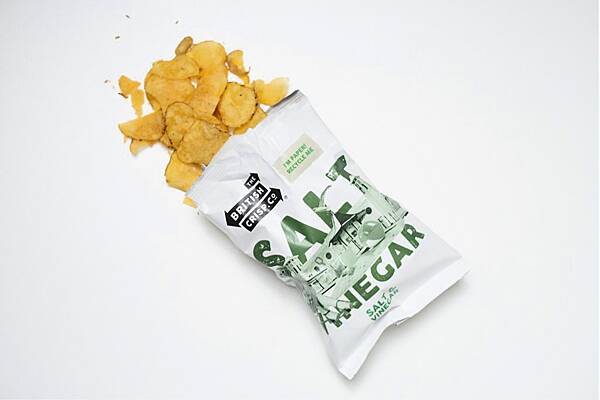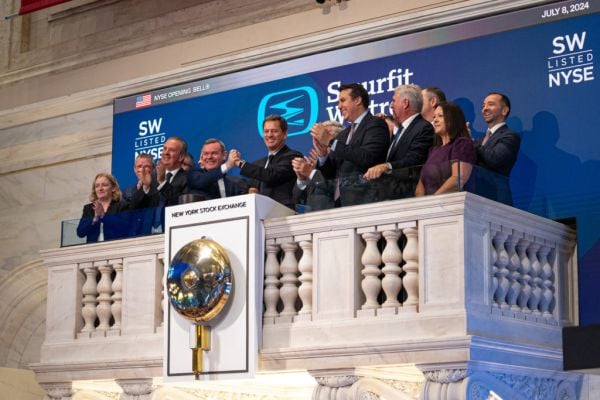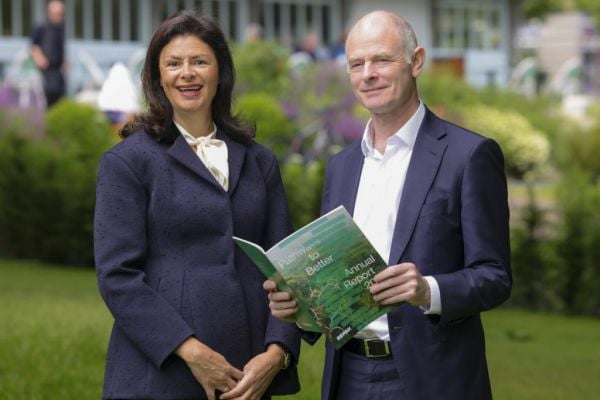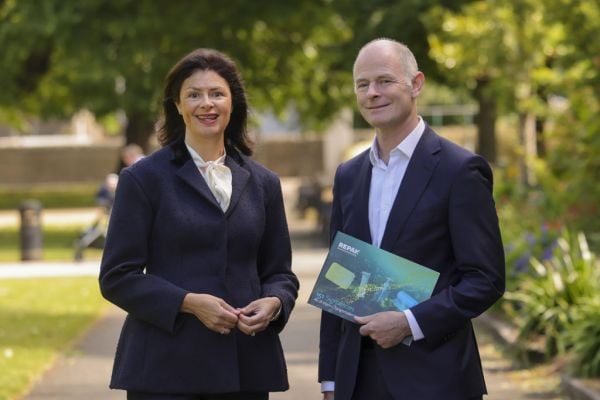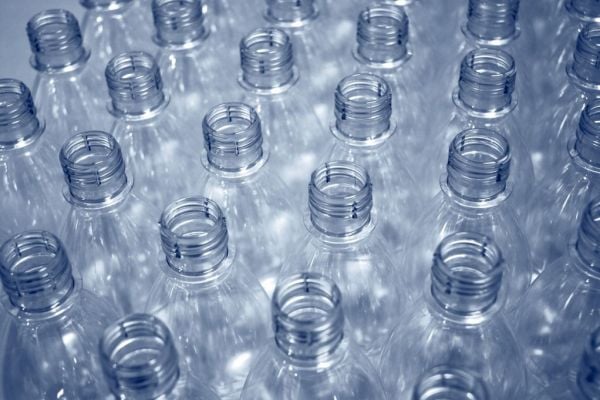A new study by Aquapak has found that the majority of FMCG brands plan to stop using plastic in packaging, though the time frame for the change remains considerable.
Based on research among 100 UK packaging experts, the report found that 92% planned to stop using plastic packaging altogether.
However, despite the commitment to move away from plastic solutions, just 27% of the experts expect this change to happen by 2027.
The survey, titled FMCG flexible packaging: Accelerating the move from plastic to paper, noted that 35% of the experts expect a change by 2028, and 28% by 2029.
Just under one third (30%) described the move to new packaging materials in their business as ‘too slow’, 58% said that the transition was ‘moderate’, and just 11% said that it was ‘fast’.
Most importantly, 87% of those surveyed said that they want the switch to alternative materials replacing plastic to happen more quickly than it is presently.
Barriers
Currently, the main barriers to change are the higher cost of alternative packaging – cited by 53% of respondents – the availability of materials, and ensuring that functionality remains the same.
When asked what would help the FMCG sector speed up the transition, a number of suggestions came to light.
Some 70% said that they believed that more ambitious recycling targets were key, while 62% wanted to see increased investment in new materials.
Some 54% said that greater collaboration to improve research and development was needed.
Half of those surveyed said that an industry-wide commitment to move away from conventional plastic was necessary.
A further 47% cited tighter environmental regulation through the taxation of materials with poor environmental performance as important.
‘Bolder In Its Commitment’
Speaking about the study, the chief technical officer at Aquapak, Dr John Williams, said, “Our study shows that the FMCG sector is highly cognisant of the need to move away from conventional plastics to more environmentally friendly materials, which offer better end-of-life outcomes, be it improved recyclability or biodegradations, to make life easier for their customers and other stakeholders.
“Our research also suggests that the sector needs to be bolder in its commitment to new packaging materials.
“While 37% say they are more focused on switching to innovative, environmentally friendly materials, a quarter are developing existing materials, and 38% are placing equal importance on both.
“Is this really embracing innovation and change, or sitting on the fence until regulation forces the industry’s hand?
“New materials already exist and can facilitate the move from plastic to environment when they come to the end of their useful life.”
Aquapak has developed a high-performance polymer called Hydropol, which meets packaging requirements while increasing recycling, reducing harmful plastic and promoting a circular economy.
The material is being used in partnership with the British Crisp Co. and EvoPak to develop a fully recyclable crisp packet.
Hydropol aims to offer a solution to the over eight billion crisp packets disposed of each year in the UK, most of which end up in landfills or incinerated.
Read More: Repak Reveals Earth Day Tips As Ireland Risks Missing Recycling Goals
